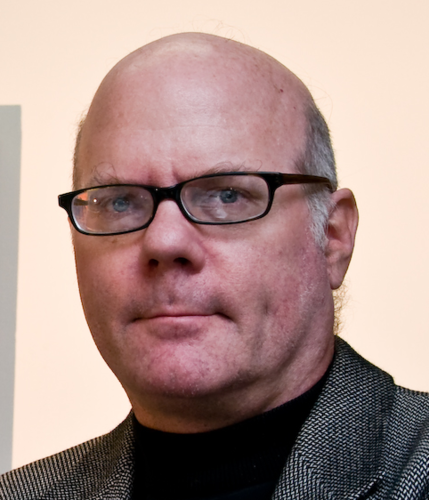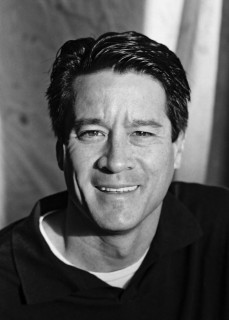Beyond Economic Rationality - Special Guest Lectures by Colin Camerer, Caltech & Michael Kearns, U. Penn.
DMP 110, 6245 Agronomy Rd.
We are delighted to co-host the following two Cecil H. and Ida Green Visiting Professors with Green College this year:

Speaker #1: Colin Camerer, Caltech

Title: Limits on strategic thinking: Evidence from brains to field data
Abstract:
Precise models in which agents are differently limited in their strategic thinking have emerged as complements to standard analytical equilibrium analyses in game theory.
We describe evidence about how cognitive hierarchy (CH) models work in a variety of lab and field settings. In some cases equilibrium analysis predicts remarkably well, either because it is approximated by CH (even with little learning) or the subjects have a special evolved advantage in particular types of games.
Bio:
Professor Colin F. Camerer is the Robert Kirby Professor of Behavioral Economics at the California Institute of Technology (located in Pasadena, California), where he teaches cognitive psychology and economics. Professor Camerer earned a BA degree in quantitative studies from Johns Hopkins in 1977, and an MBA in finance (1979) and a Ph.D. in decision theory (1981) from the University of Chicago Graduate School of Business.
Before coming to Caltech in 1994, Camerer worked at the Kellogg, Wharton, and University of Chicago business schools. He studies both behavioral and experimental economics.

Speaker #2: Michael Kearns, University of Pennsylvania
Title: Experiments in Social Computation
Abstract:
What do the theory of computation, economics and related fields have to say about the emerging phenomena of crowdsourcing and social computing? Most successful applications of crowdsourcing to date have been on problems we might consider "embarrassingly parallelizable" from a computational perspective. But the power of the social computation approach is already evident, and the road cleared for applying it to more challenging problems.
In part towards this goal, for a number of years we have been conducting controlled human-subject experiments in distributed social computation in networks with only limited and local communication. These experiments cast a number of traditional computational problems --- including graph coloring, consensus, independent set, market equilibria, biased voting and network formation --- as games of strategic interaction in which subjects have financial incentives to collectively "compute" global solutions. I will overview and summarize the many behavioral findings from this line of experimentation, and draw broad comparisons to some of the predictions made by the theory of computation and microeconomics.
Bio:
Since 2002 I have been a professor in the Computer and Information Science Department at the University of Pennsylvania, where I hold the National Center Chair in Resource Management and Technology. I am the Founding Director of Penn Engineering's new Networked and Social Systems Engineering (NETS) Program; my co-director is Ali Jadbabaie, and the program's curriculum chair is Zack Ives. I have secondary appointments in the Statistics and Operations and Information Management (OPIM) departments of the Wharton School. I am an active member of Penn's machine learning community PRiML, and am an affiliated faculty member of Penn's Applied Math and Computational Science graduate program. Until July 2006 I was the co-director of Penn's interdisciplinary Institute for Research in Cognitive Science.
I also work closely with a quantitative trading group at SAC Capital in New York City. (For SAC-related inquiries, please email michael.kearns@sac.com.)
I currently serve as an advisor to the companies Yodle, Wealthfront (formerly known as kaChing), Activate Networks, Convertro, and RootMetrics. I am also involved in the the seed-stage fund Founder Collective. I am a member of the Technial Advisory Board of Microsoft Research Cambridge and the Scientific Advisory Board of Opera Solutions. I also occasionally serve as an expert witness/consultant on technology-related legal and regulatory cases.